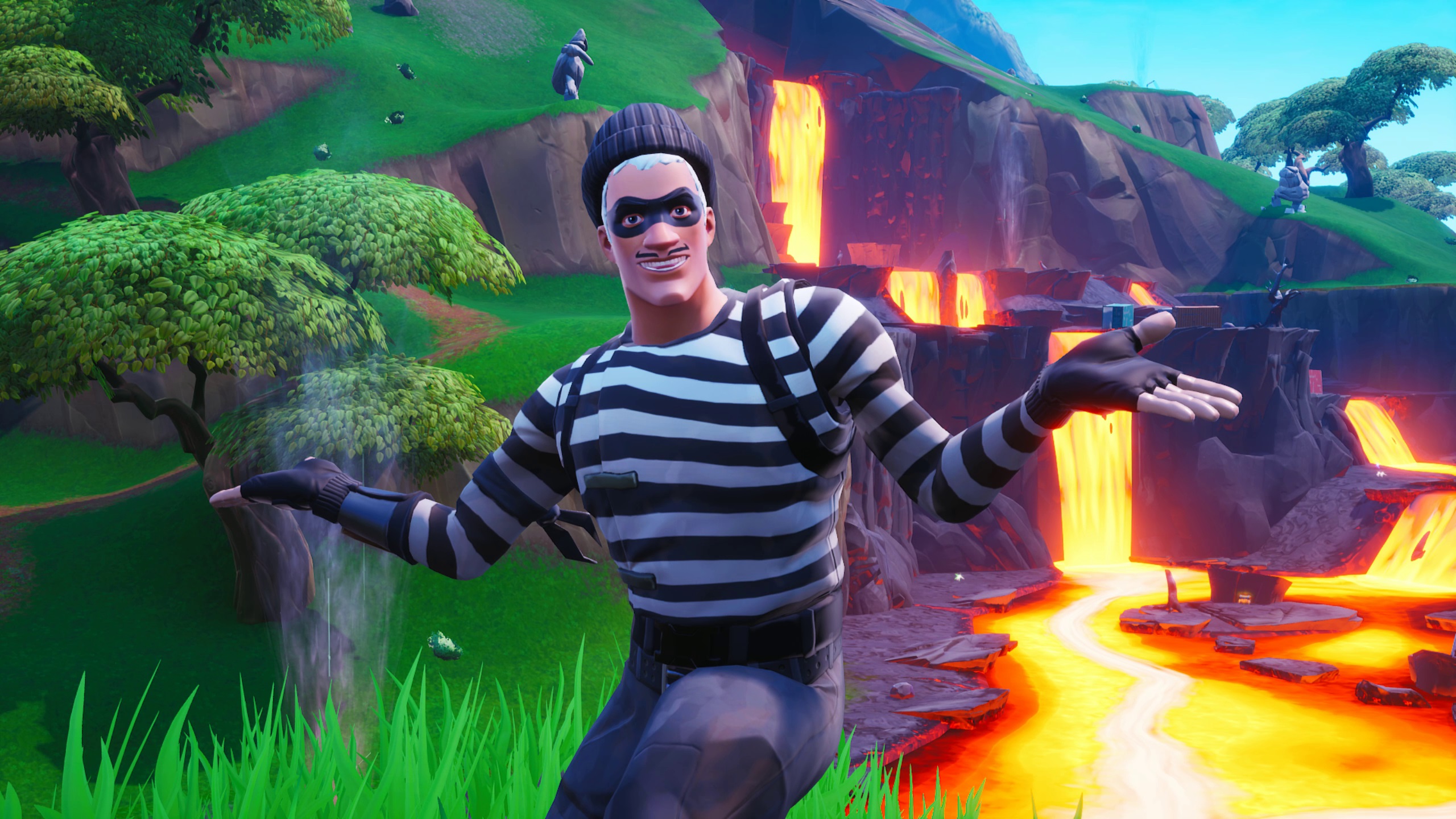Take-Two boss Strauss Zelnick says Fortnite 'never affected the industry'
But the Epic Games Store probably will.

Fortnite isn't just the biggest videogame in the world, it's a phenomenon. It's made gajillions of dollars, brought mainstream fame to previously anonymous streamers, and turned Epic Games into a major force again, all while being completely free to play. It's had a huge impact on the industry—except, according to Take-Two Interactive CEO Strauss Zelnick, it hasn't actually affected the industry at all.
"I think the biggest disconnect on the topic is sort of a Fortnite disconnect too. I'm occasionally asked, 'Is the Fortnite effect affecting the industry?' And the answer is, Fortnite never affected the industry. Fortnite didn't affect us in the least. We had huge hits when Fortnite was in the market, because Fortnite is different from our titles, and our titles are different than Fortnite," Zelnick said at the recent Global Consume, Technology, & Services Conference, as reported by GamesIndustry.
Zelnick said he doesn't believe that the presence of one particular product on the market necessarily has any impact on a different product, regardless of their business model. He cited movies as an example, saying that people find ways to squeeze in all the movies they want to see—and if there aren't any, they'll go do something else. "But they don't fill up a need—the need doesn't exist in absence of something you want," he said.
"So that's why when people said, 'Is Fortnite crowding out other titles?' No, not in the least. I think some companies point at Fornite as sort of an excuse for why their titles didn't do well. But our view is, when titles are great, they do well, and when they're not as good, they don't do well... Put out something really great in entertainment, and people will show up for it."
But the success of Fortnite has opened the door to something that, in his opinion, most definitely does have the potential to change the industry: The Epic Games Store. Echoing his comments on the benefits of increased distribution options from last month, Zelnick said that the 30 percent revenue cut taken by Steam has been tolerated simply because there was no other option. Having access to multiple storefronts of comparable quality gives developers "some leverage on the take rate," which Zelnick expects will begin to decline "materially" across the board, and "very quickly."
"Say you're launching a service that offers video games, and you can't come to terms with Take-Two. So that means you're going to offer a robust service that does not include Grand Theft Auto, the biggest title in the business, Red Dead Redemption, one of the biggest titles in the business, [NBA 2K], the biggest sports title in the US, WWE, Civilization, Borderlands, BioShock, and the list goes on," he said. "Good luck to you."
It's not just the Epic Games Store that's bringing this leverage to bear: The previously Epic-exclusive Metro Exodus is headed to the Windows Store, while Microsoft itself is finally starting to move some of its exclusives to Steam.
The biggest gaming news, reviews and hardware deals
Keep up to date with the most important stories and the best deals, as picked by the PC Gamer team.

Andy has been gaming on PCs from the very beginning, starting as a youngster with text adventures and primitive action games on a cassette-based TRS80. From there he graduated to the glory days of Sierra Online adventures and Microprose sims, ran a local BBS, learned how to build PCs, and developed a longstanding love of RPGs, immersive sims, and shooters. He began writing videogame news in 2007 for The Escapist and somehow managed to avoid getting fired until 2014, when he joined the storied ranks of PC Gamer. He covers all aspects of the industry, from new game announcements and patch notes to legal disputes, Twitch beefs, esports, and Henry Cavill. Lots of Henry Cavill.

